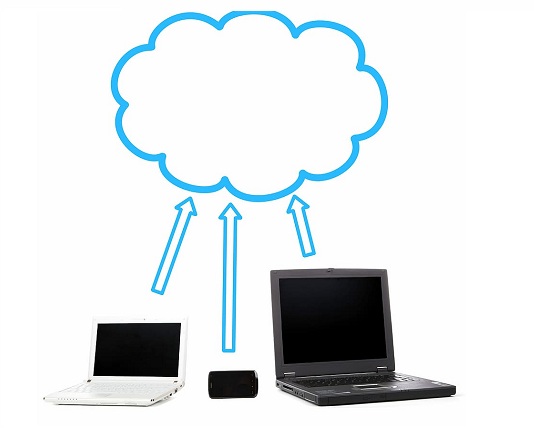Hybrid Cloud Solutions is an excellent option for businesses that want private and public cloud services. They can help companies lower long-term costs, grow faster, and generate more revenue, all while keeping data secure.
However, hybrid clouds come with their own set of challenges. Here are a few things to remember when choosing the right hybrid solution for your business.

Table of Contents
1. Cost-effectiveness – More Revenue
Hybrid cloud solutions often reduce long-term costs by allowing organizations to grow their infrastructure quickly and efficiently. This means that a company can spend less money in the future, freeing up more revenue.
Many hybrid cloud models include public and private cloud infrastructure components, allowing organizations to maximize the benefits of both environments. These include running different workloads in various environments and using automation tools to optimize resource allocation.
Companies that work with sensitive data or are subject to industry-standard regulations may want to keep their data in a private cloud for security purposes. However, most application and organizational data can be stored in a public cloud environment to improve storage efficiency, performance, and scalability.
In addition to saving on storage costs, a hybrid cloud model can help businesses manage backups and disaster recovery (DR) more cost-effectively and efficiently. For example, an IDC study found that a hybrid environment for DR can save over 47% of the cost of an on-premises setup over five years.
2. Scalability – Improve Overall Performance
Scalability is the ability of a cloud solution to increase or decrease resources, such as storage capacity or bandwidth, quickly in response to changing business demands. This ability to scale up or down is a key benefit of cloud solutions and can help businesses optimize their IT operations, minimize downtime, and improve overall performance.
A hybrid cloud solution, for example, allows stable resource needs to remain in the on-premises environment and dynamic workloads to be placed in the public cloud to be scaled as needed without impacting the existing configuration. This provides a cost-effective solution that is flexible, reliable, and adaptable.
A hybrid cloud system can be used for various applications and environments. You can use it to migrate apps and databases to the cloud at a pace that makes sense for your business while preserving regulatory compliance requirements. You can also use it to modernize your technical infrastructure over time.
3. Ensure the Security of the Data
Using a Hybrid Cloud Solution, you must ensure your data is secure. This includes securing networks and encryption of network communication, which can help protect sensitive data from interception and alteration.
There are different hybrid cloud security solutions to choose from, each unique to your organization’s specific needs. These include intrusion detection and response solutions, data loss prevention, and more.
A good hybrid cloud security solution offers centralized visibility into assets, permissions, and risk metrics across all your clouds. It also provides data visualization dashboards for finding and inspecting vulnerabilities, enforcing policies, and tracking key security metrics.
Choosing the right hybrid cloud security solution can help organizations overcome challenges like staff shortages and keeping up with changing cloud environments. It also helps companies mai




